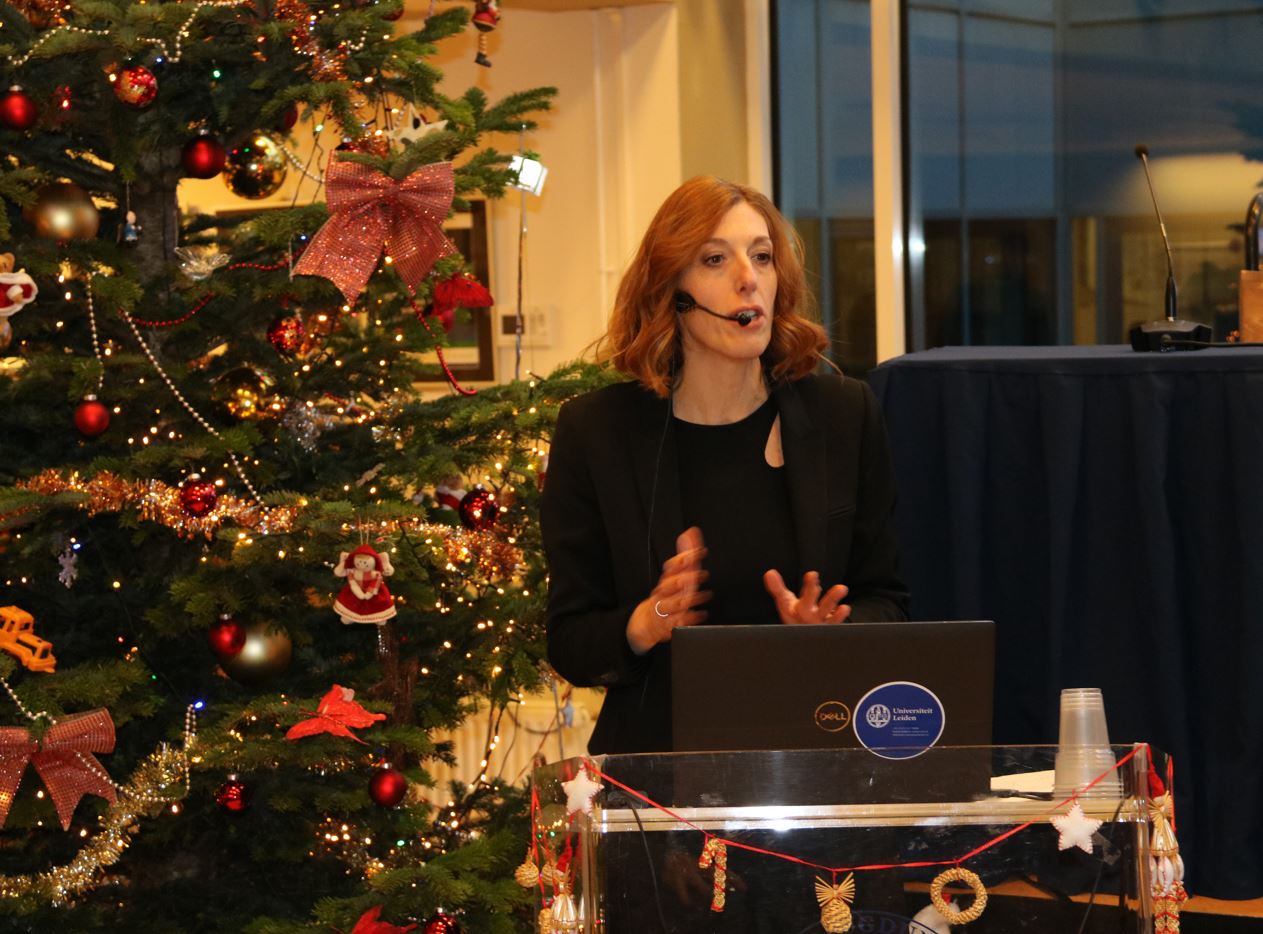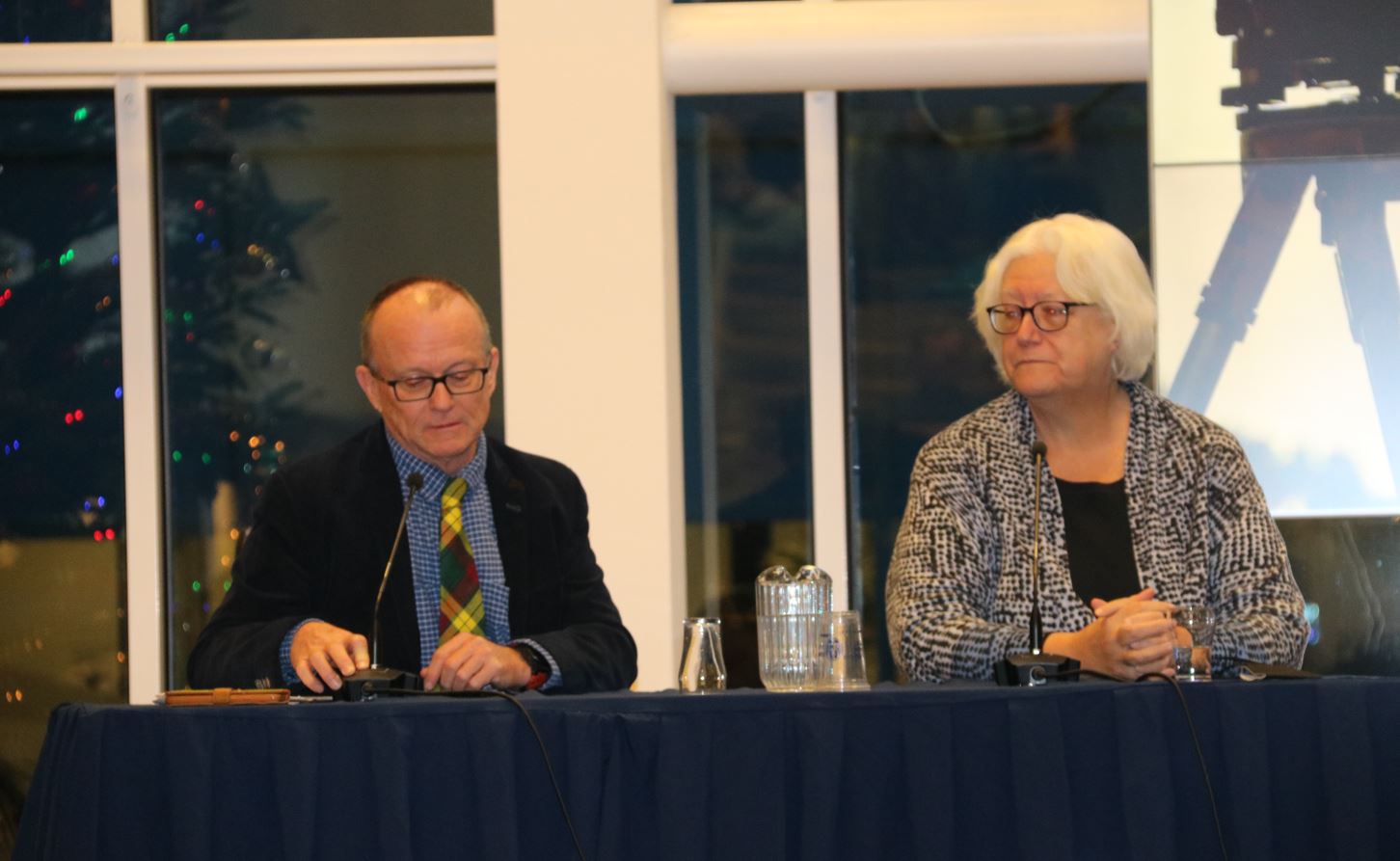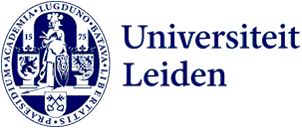
Throwback to the panel discussion about the future of archaeology
As part of the celebrations around the 25th birthday of the Faculty of Archaeology, a panel discussion on the future of archaeology was organised on December 13th. For this discussion an international panel of scholars was invited to give their perspective and enter into conversation with our Faculty community.
Faculty of Amnesia
Dean Jan Kolen kicked off the event, reflecting back on the Faculty's history. Remarkable was the fact that he had recently stumbled upon the actual foundation date of the Faculty of Archaeology, the 13th of September, 1997, quipping that we might be very good at looking at humanity's past, though when looking at our own we might as well be the Faculty of Amnesia.

A poem bij Corrie Bakels
Next up was Emeritus Professor Corrie Bakels, who had written a Dutch language poem about the Faculty of Archaeology and its future.
Faculteit der Archeologie, 1997 - 2022 > 2047
Uit vele hoeken, tijden, landen
kwamen wij tezamen,
voorzichtig aan elkaar snuffelend.
Het vergde moed.
Het lukte, wonen onder één dak
het samenwerken.
Een harde buitenwereld bekijkt
dit vaak met jaloezie.
De kloofbijl ligt gereed om elke hoek.
Het vergt alertheid, moed, om
één geheel te blijven,
om jaren later nog als faculteit te staan.
- Corrie Bakels
The poem, together with the thoughts of many other staff members about the future of the Faculty of Archaeology, will be buried in a time capsule in May 2023. Do you want to include your thoughts in this time capsule? Please send an e-mail to redactie@arch.leidenuniv.nl.

Archaeology in a changing world
One of the event's special guests was Annetje Ottow, President of the Executive Board of Leiden University. In her address to the Faculty, she reflects on the future of the Faculty of Archaeology in a changing world.
'Thinking ahead of 25 years and contemplating the state of archaeology, I am also compelled to think about the great challenge facing our society: climate change. Archaeology will no doubt be influenced by changing landscapes and meteorological circumstances.'
She concluded by commenting that archaeology connects many generations in their shared humanity, in 2047 and beyond.

Gamifying and democratising
Representing the younger staff members, Aris Politopoulos then proceeded to gamify as well as democratise the gathering, making the audience vote on a wide variety of statements. The end result was that a majority of the attendees believes that in 25 years the faculty will still be in the Van Steenis building, organised horizontally, and will be internationally known as an excellent educational institute.

Panel discussion
The interactivity initiated by Aris continued during the panel discussion about the future of archaeology. The panel consisted of Professor Rosemary Joyce (UC Berkeley), Professor Carl Knappett (University of Toronto), Professor Ian Lilley (University of Queensland), and Dr Elisabeth Niklasson (University of Aberdeen). Moderators were our own Martina Revello Lami and Martin Berger.
The audience was asked to send in three of their main associations with archaeology. The result was a word cloud that immediately fueled the discussion about whether we should actually only focus on the past, creating a sense that archaeology may be deemed backwardlooking and thus irrelevant.

-

Martina Revello Lami kept the discussion focused by regularly summarising what was said and connecting this back to the audience. -

Carl Knappett and Elisabeth Niklasson responding to questions from the audience. -

Ian Lilley and Rosemary Joyce responding to questions from the audience. -

Staff and students took the opportunity to ask the panel about their perspective on excavations, heritage management, and public outreach -

At the end, Dean Jan Kolen made some closing remarks, which paved the way for the End of Year Drinks.
After action report
Based on the comments of the panel, the questions asked, as well as the perspective of the younger staff on the future of archaeology, Aris Politopoulos and Ian Lilley will write a closing essay. As soon as this is ready, it will be shared with the Faculty's staff and students.
